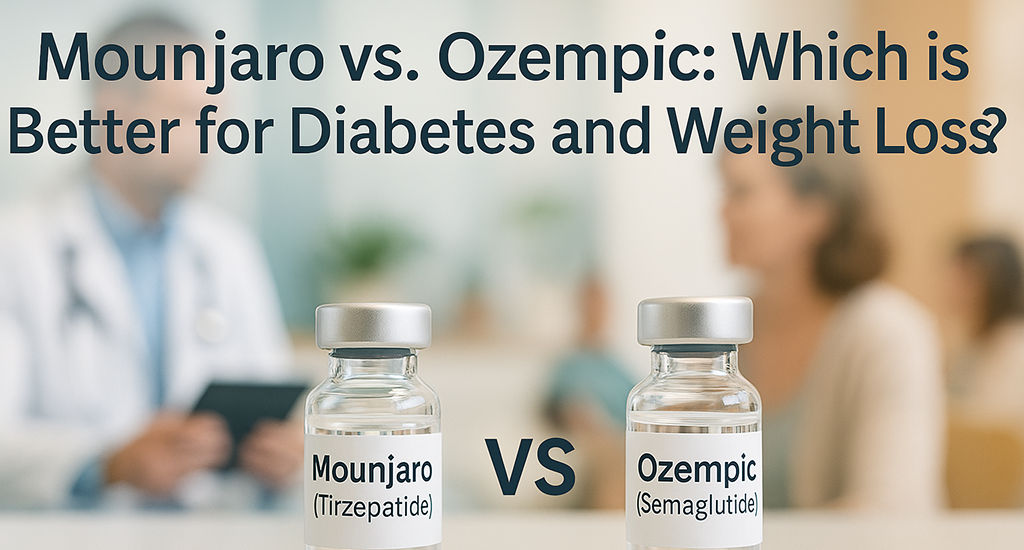Diabetes Management
Balancing Diabetes and Sports Nutrition: The Power of Strategy
2 min read
By Apollo 24|7, Published on - 26 April 2024
Share this article
0
0 like
.jpg?tr=q-80)
For individuals living with diabetes, maintaining a balance between sports nutrition and optimal glucose levels is not only possible but also essential for the best performance. Athletic endeavours demand fuel, thereby making proper nutrition vital. To achieve this goal a thorough understanding of how diabetes impacts the body is required, both during rigorous activities and in the recovery phase.
Understanding Carbohydrate Intake for Diabetic Athletes
For athletes living with type 2 diabetes, consumption of carbohydrates takes centre stage. They act as fuel for the body during exercise and their metabolism greatly impacts glucose levels. For example, complex carbohydrates with a low glycaemic index (less than 55) can gradually raise your blood sugar levels. This is in contrast to simple carbohydrates that can cause a sharp spike in your blood sugar. However, the quality, timing, and quantity of carbohydrate intake should ideally be aligned with the demands of your chosen sport and your blood glucose levels. Striking this balance can help maintain stable glucose levels during exercise and enhance performance.
Maintaining Optimal Performance Levels through Diet
Exercise may sometimes affect the body's performance peak, mainly due to potential fluctuations in glucose levels leading to conditions like hypoglycaemia (low blood sugar) or hyperglycaemia (high blood sugar). To counter this, a well-designed diet plan coupled with proper insulin management becomes essential.
Hydration: Key to Prevent Dehydration
Elevated blood sugar levels can cause the body to lose extra water, resulting in dehydration. Therefore, drinking enough fluids before, during, and after exercise is incredibly important for athletes with diabetes.
Strategic Nutrition for Pre-, During, and Post-Competition
Successful diabetes management requires personalised dietary guidelines for different stages of competition: pre-competition, during competition, and post-competition. These guidelines need to account for factors such as the nature of the activity, its duration, intensity levels, and pre-activity blood glucose levels. Daily macronutrient recommendations should be similar to those suggested for non-diabetic individuals.
Navigating Recovery Challenges for Diabetic Athletes
Diabetes can complicate recovery from sporting activities. Concerns include slower post-exercise glycogen synthesis—the storage form of glucose—and delayed hypoglycaemia. The athlete's support team needs to understand these considerations and be ready with sources of simple carbohydrates. Furthermore, sport-specific factors such as unforeseen logistical challenges and safeguarding insulin pumps in contact sports need to be taken into account.
Type-Specific Considerations: Type 1 vs Type 2 Diabetes
While both types demand attention to nutrition and insulin management, the specifics may vary. For instance, individuals with type 1 diabetes need careful monitoring of carbohydrate intake and insulin doses. Athletes with type 2 diabetes may require extra consideration for insulin resistance and medication management.
Ultimately, while managing diabetes as an athlete can be challenging, it is not insurmountable. With appropriate carbohydrate management, carefully timed nutrition, and a well-informed support team, you can excel in your sport while maintaining your health.
Diabetes Management
Consult Top Diabetologists
View AllLeave Comment
Recommended for you

Diabetes Management
Maintaining a Healthy Weight in Diabetes: All You Need to Know
Maintaining a healthy weight is crucial for diabetes management, reducing complications and risks. BMI and waist circumference assess weight status. A balanced diet, regular physical activity, and blood sugar monitoring help sustain a healthy weight, promoting glycemic control and overall well-being.
.jpg?tr=q-80)
Diabetes Management
Diabetes and Depression: A Holistic Guide to Managing Both
Managing diabetes and depression together may seem overwhelming, but it's not impossible. Understanding the connection between both conditions and adopting a comprehensive approach can help in effective management. Consistent care, lifestyle changes, psychological support, and medication management are keys to better health. Join programmes like the Apollo Super 6 for personalised support tailored to your needs.

Diabetes Management
Mounjaro vs. Ozempic: Which is Better for Diabetes and Weight Loss?
Subscribe
Sign up for our free Health Library Daily Newsletter
Get doctor-approved health tips, news, and more.
Visual Stories

8 Fruits That are Incredibly Healthy for Diabetes
Tap to continue exploring
Recommended for you

Diabetes Management
Maintaining a Healthy Weight in Diabetes: All You Need to Know
Maintaining a healthy weight is crucial for diabetes management, reducing complications and risks. BMI and waist circumference assess weight status. A balanced diet, regular physical activity, and blood sugar monitoring help sustain a healthy weight, promoting glycemic control and overall well-being.
.jpg?tr=q-80)
Diabetes Management
Diabetes and Depression: A Holistic Guide to Managing Both
Managing diabetes and depression together may seem overwhelming, but it's not impossible. Understanding the connection between both conditions and adopting a comprehensive approach can help in effective management. Consistent care, lifestyle changes, psychological support, and medication management are keys to better health. Join programmes like the Apollo Super 6 for personalised support tailored to your needs.

Diabetes Management
